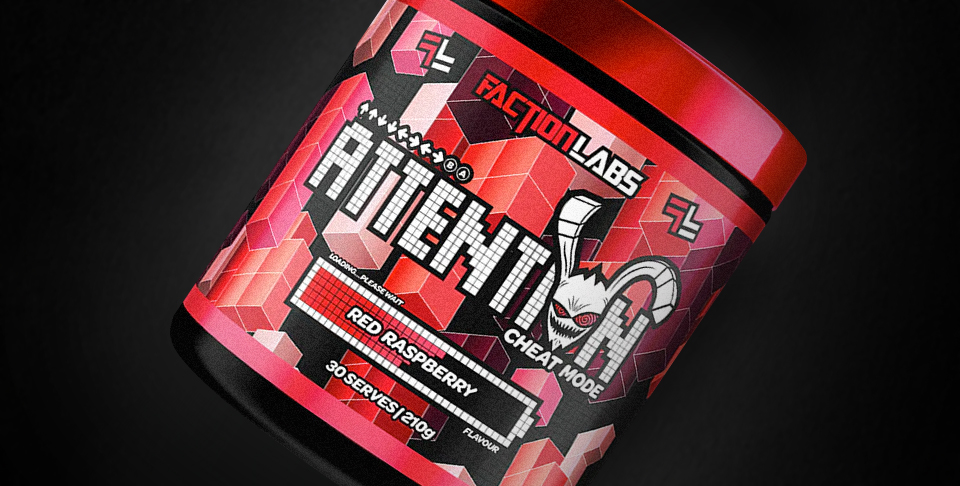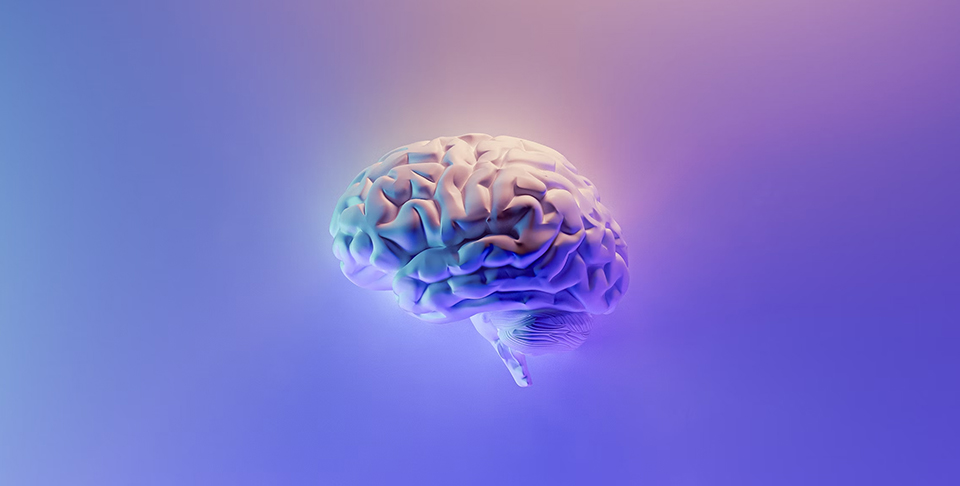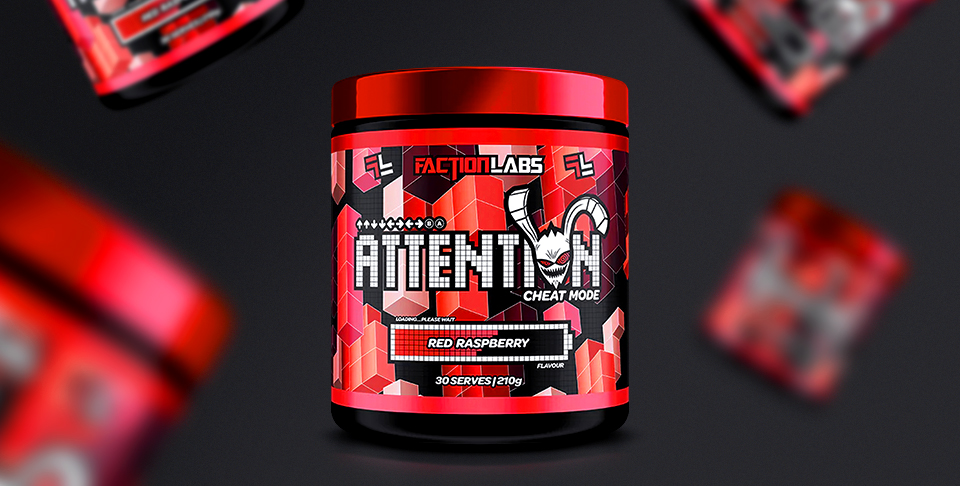Defining Nootropics: What are they?
Nootropics represent a contemporary classification encompassing various drugs, supplements, nutraceuticals, & functional foods that are believed to bolster and enhance cognitive abilities. This all-encompassing term refers to any substance that can support mental functions such as attention, cognition, motivation, memory, intelligence, concentration, focus & alertness.
The growing popularity of nootropic drugs, supplements, foods, & ingredients can be attributed to the public's increasing desire for mental stamina to accomplish more in less time. As a result, the nootropic market has rapidly expanded in recent years, becoming a distinct segment within the supplement industry.
Nootropics: Origins & Forms
Nootropics can be found in various forms. Natural nootropic substances can be readily found in the food we eat & have also been extracted & converted into supplements. Nootropic drugs are widely accessible, with some being available over-the-counter (OTC) & others requiring a prescription. For a comprehensive list of nootropic ingredients, visit our article – Nootropic List.
The Benefits of Nootropics
Nootropics' mode of action depends on the specific substance, food, supplement, or drug utilized. However, all nootropics share the common goal of supporting and enhancing cognitive functions. Nootropics primarily achieve this in three ways:
- Modifying the brain's neurochemical availability & supply, including neurotransmitters such as serotonin & dopamine, enzymes, & hormones.
- Boosting the brain's oxygen supply.
- Supporting & promoting nerve growth.
The majority of nootropic supplements and ingredients enhance cognitive functions through the first two methods, while only a few function via the third. Nootropics are predominantly employed to bolster attention, focus, & concentration for educational purposes but are also frequently used to stay alert during long work shifts or maintain extended workouts.
Nootropic ingredients have been investigated for their potential in addressing various diseases and disorders, such as ADHD, Parkinson's, Alzheimer's, & Huntington's.
Nootropic & Bodybuilding
Stimulants, one of the most common forms of nootropics, including caffeine, have long been incorporated into supplements, particularly pre-workouts and fat burners, for their ability to enhance both physical and mental performance, as well as metabolism. As cognitive function and mental performance are increasingly recognized as factors influencing workout and diet compliance, more nootropics are being integrated into pre-workouts, intra-workouts & fat burners.
Nootropic Negatives & Potential Side Effects
Given the vast array of nootropic ingredients, supplements, & drugs available, it is challenging to generalize about potential drawbacks & side effects. Generally, nootropics are considered relatively safe & free from severe side effects. However, some nootropic drugs, such as nicotine & more potent stimulants, can be addictive, so caution is advised when using these substances for extended periods. Always for the label directions or consult your health care professional.
Nootropic Dosage & Ingredient Timing
Each nootropic ingredient has its own recommended dosage levels. It is advisable to research each ingredient individually to determine the most suitable dosage. Typically, nootropics within the sports supplement industry are consumed before & during workouts, as well as during the early hours of the day.
Nootropic Supplements
As previously mentioned, nootropic ingredients are most commonly found in pre-workouts and fat burners. As time has passed however & nootropics have become more popular, they may be purchased as stand alone nootropic supplements. They may be found in powder, capsule or liquid form.
Stacking Nootropics
Nootropic supplements & ingredients can be stacked with almost any other type of supplement including protein powders, testosterone support supplements, HGH boosters and amino acid supplements to name a few. We advise against combining them with pre-workout supplements or fat burners, as these likely shall already have nootropic-type ingredients in them.
References
- Colucci L, Bosco M, Ziello AR, Rea R, Amenta F, Fasanaro AM. (2012). Effectiveness of nootropic drugs with cholinergic activity in treatment of cognitive deficit. Journal of experimental pharmacology, Vol 2012:4 Pages 163 – 172
- Giurgea, C. (1972). The "nootropic" approach to the pharmacology of the integrative activity of the brain. Conditional Reflex, 8(2), 108-115.
- Froestl, W., Muhs, A., & Pfeifer, A. (2014). Cognitive enhancers (nootropics). Part 1: drugs interacting with receptors. Journal of Alzheimer's Disease, 42(s3), S97-S128.
- Faraone, S. V., & Biederman, J. (1998). Efficacy of Adderall® for attention-deficit/hyperactivity disorder: a meta-analysis. Journal of Attention Disorders, 2(1), 43-49.
- Nehlig, A. (2010). Is caffeine a cognitive enhancer? Journal of Alzheimer's Disease, 20(s1), 85-94.
- Malenka, R. C., Nestler, E. J., & Hyman, S. E. (2009). Chapter 6: Widely Projecting Systems: Monoamines, Acetylcholine, and Orexin. In Sydor, A., & Brown, R. Y. (Eds.), Molecular Neuropharmacology: A Foundation for Clinical Neuroscience (2nd ed., pp. 147-148). New York: McGraw-Hill Medical.
- Kennedy, D. O., & Wightman, E. L. (2011). Herbal extracts and phytochemicals: plant secondary metabolites and the enhancement of human brain function. Advances in Nutrition, 2(1), 32-50.
- Trivedi, M. S., Holger, D., Bui, A. T., Craddock, T. J., & Tartar, J. L. (2017). Short-term sleep deprivation leads to decreased systemic redox metabolites and altered epigenetic status. PLoS One, 12(7), e0181978.
- Kulkarni, S., & Dhir, A. (2008). An overview of curcumin in neurological disorders. Indian Journal of Pharmaceutical Sciences, 70(2), 1-14.




